Role of Intellectual Property in Entertainment Industry
IIPRD
FEBRUARY 6, 2024
In this sector, intellectual property (IP) regulations are essential for defending the rights of inventors, artists, and producers. It gives authors and artists the sole ownership rights to their original writings, music, films, and artwork. Patents also provide inventors with temporary exclusive rights to their discoveries.

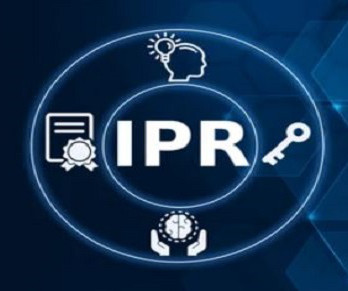

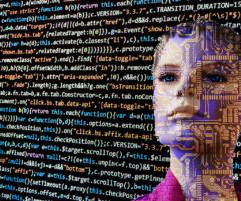
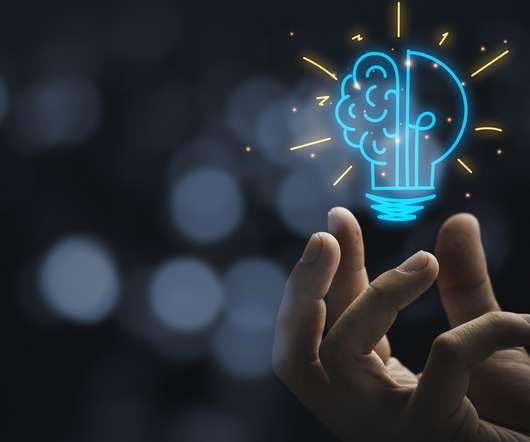
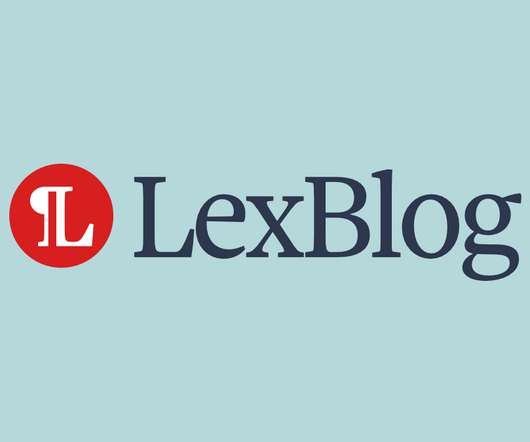

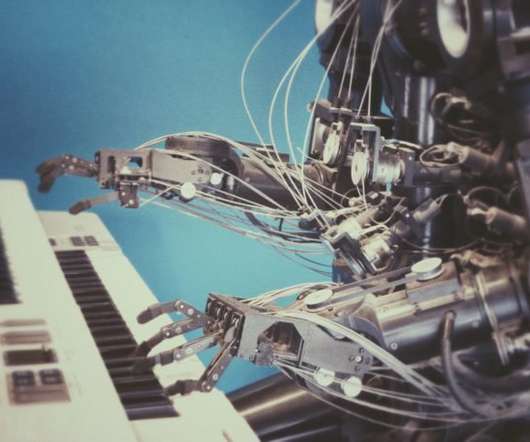
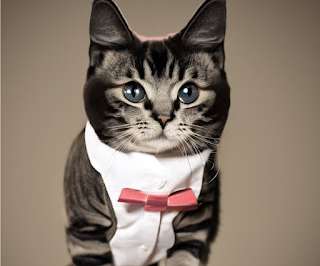

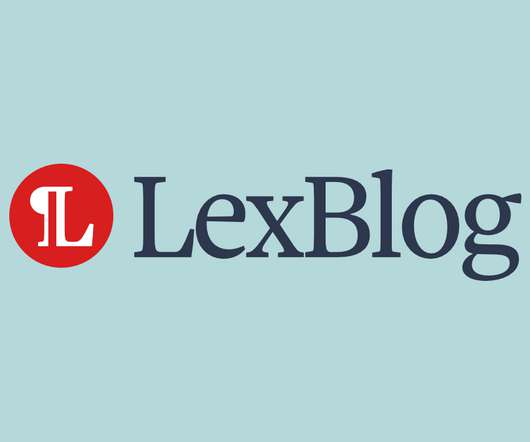







Let's personalize your content